The future of humanity could be determined by tech.
Category: Elon Musk – Page 281
Elon Musk’s Surprising Reason Why Everyone Will Be Equal in the Future
A recent conference on the future of artificial intelligence features visionary debate between Elon Musk, Ray Kurzweil, Sam Harris, Nick Bostrom, David Chalmers, Jaan Tallinn and others.
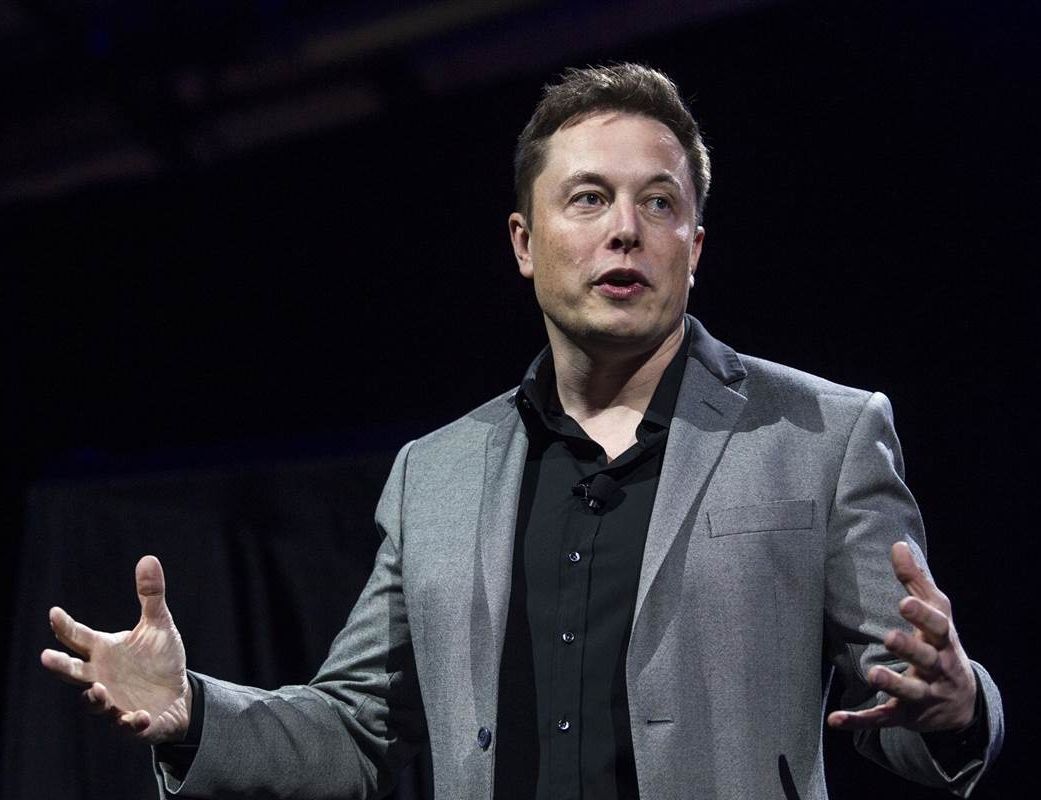
Elon Musk sees critical role for cyborgs
Wish he & a couple of others would join this ranks that others are on which makes way more sense plus benefits the masses tremendously. Musk needs to join others in their work to enhance humans via Quantum Biosystems as this work is already showing signs of success across multiple areas such as anti-aging, disease elimination, intelligence & communications, security, reduction in costs of healthcare & social programs, advancements in new creative innovations in technology & medicine, new industry new growth/ economic expansion, elimination of starvation, etc.
How can humans stay relevant in an age of artificial intelligence? Elon Musk thinks cyborgs are the answer.
The Tesla and SpaceX CEO discussed the need for a “merger of biological intelligence and digital intelligence” during a talk on Monday at the World Government Summit in Dubai, CNBC reported.
One of the main advantages computers have over humans is the speed at which they can send out information, Musk said. While humans are limited by the speed of their typing, a computer can send out information at “a trillion bits per second,” Musk said. As artificial intelligence (AI) becomes more advanced, humans will also need to evolve to remain relevant, he added.
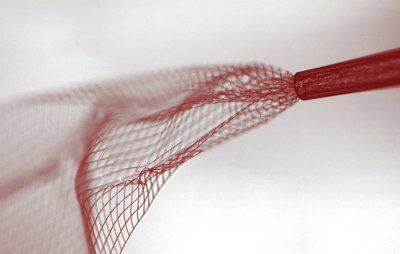
Elon Musk says that humans must have a high bandwidth cyborg connection to computers to remain relevant in the age of Artificial Intelligence
Elon Musk says humans need to merge with machines to become a sort of cyborg. “Over time I think we will probably see a closer merger of biological intelligence and digital intelligence,” Musk told an audience at the World Government Summit in Dubai, where he also launched Tesla in the United Arab Emirates (UAE).
“It’s mostly about the bandwidth, the speed of the connection between your brain and the digital version of yourself, particularly output.”
Musk explained what he meant by saying that computers can communicate at “a trillion bits per second”, while humans, whose main communication method is typing with their fingers via a mobile device, can do about 10 bits per second.
Elon Musk envisions human colonies ‘beyond Mars’, skyrocketing unemployment on Earth
SpaceX founder Elon Musk has laid out predictions for a near-future where humans live among the stars and a dystopian-like employment crisis hits parts the world, because of advanced robot technology.
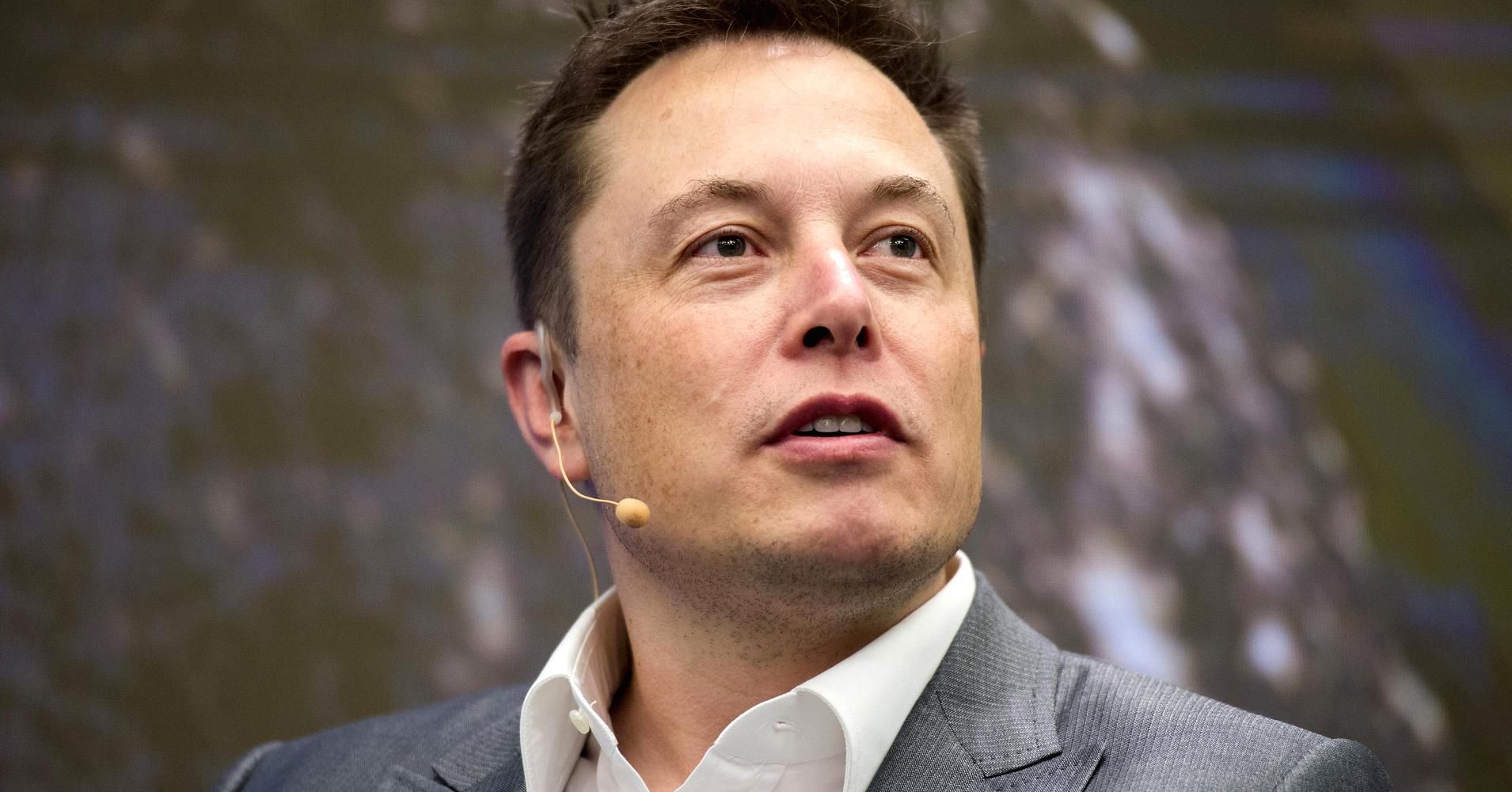
Elon Musk: Humans must merge with machines or become irrelevant in AI age
Billionaire Elon Musk is known for his futuristic ideas and his latest suggestion might just save us from being irrelevant as artificial intelligence (AI) grows more prominent.
The Tesla and SpaceX CEO said on Monday that humans need to merge with machines to become a sort of cyborg.
“Over time I think we will probably see a closer merger of biological intelligence and digital intelligence,” Musk told an audience at the World Government Summit in Dubai, where he also launched Tesla in the United Arab Emirates (UAE).
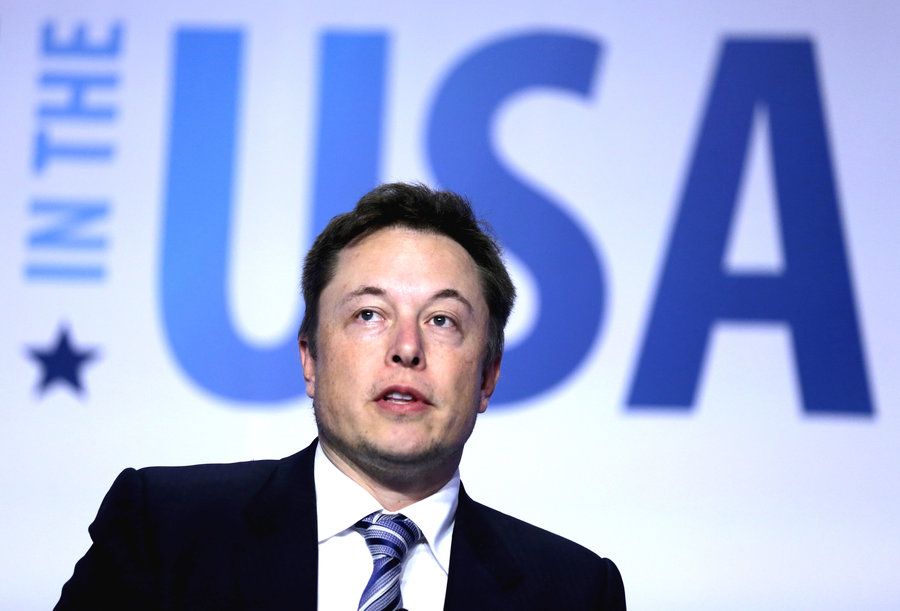
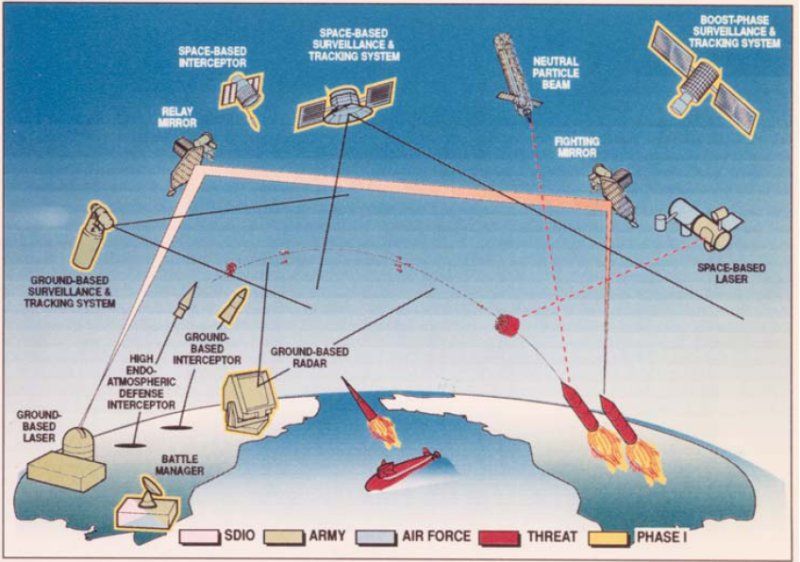
The Real Threat Is Machine Incompetence, Not Intelligence
Forget super-AI. Crappy AI is more likely to be our downfall, argues researcher.
The past couple of years have been a real cringe-y time to be an AI researcher. Just imagine a whole bunch of famous technologists and top-serious science authorities all suddenly taking aim at your field of research as a clear and present threat to the very survival of the species. All you want to do is predict appropriate emoji use based on textual analyses and here’s Elon Musk saying this thing he doesn’t really seem to know much about is the actual apocalypse.
It’s not that computer scientists haven’t argued against AI hype, but an academic you’ve never heard of (all of them?) pitching the headline “AI is hard” is at a disadvantage to the famous person whose job description largely centers around making big public pronouncements. This month that academic is Alan Bundy, a professor of automated reasoning at the University of Edinburgh in Scotland, who argues in the Communications of the ACM that there is a real AI threat, but it’s not human-like machine intelligence gone amok. Quite the opposite: the danger is instead shitty AI. Incompetent, bumbling machines.
Is Tesla working on computers that can be implanted into BRAINS?
In the hope of creating a ‘human-AI’ cyborgs, Elon Musk has revealed that Tesla may be working on computers that can be implanted into people’s brains.
The astonishing revelation came in response to a tweet, asking Musk if he was working on ‘neural lace’ – a way of installing computers into the human brain.
It is not known what the brain chip could be used for, but Musk has previously said that it will be the ‘thing that really matters for humanity to achieve symbiosis with machines.’